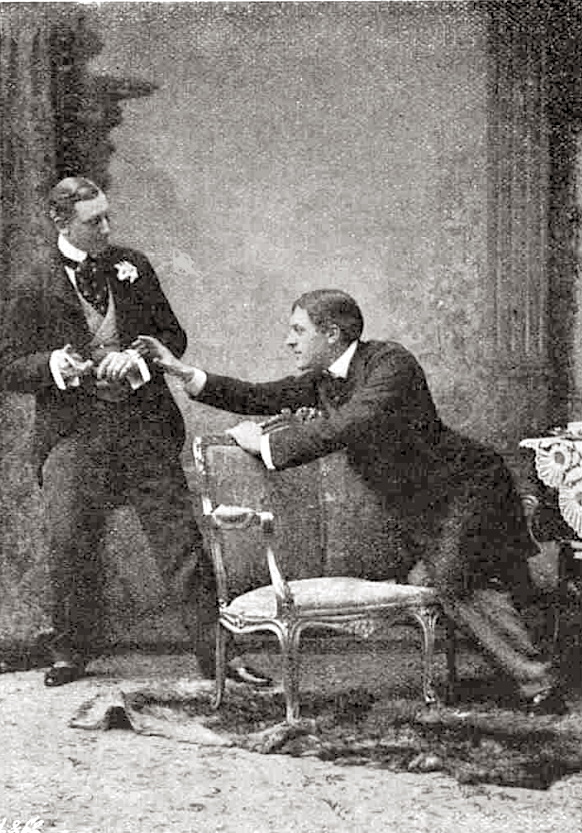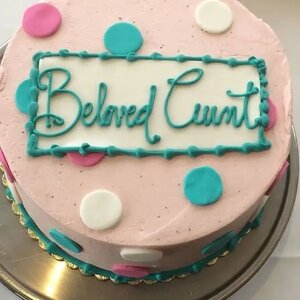NotHardUp1
What? Me? Really?
As I watched a 1998 clip of Antiques Roadshow in Rochester, a youngish man presented an Ives toy train set that he had inherited from his father, which in turn had been inherited by his father from "an eccentric bachelor uncle."
That immediately sounded like code for "gay" from a man young enough to be in the generation that began using "gay" as a blanket epithet for anything defective, effeminate, embarrassing, or weak. If that is what he was thinking, he found euphemisms for gay to not refer to his late relative that way. From his age and the anecdote, it sounded very much like he had only heard of him, but not met him.
It remined me of the old habit of saying "confirmed bachelor" as code for gay. And, both eccentric and confirmed were qualifiers to mean not eligible, so don't bother.
What euphemisms are still in use? What others have you found from literature, school, or the bathroom wall?
That immediately sounded like code for "gay" from a man young enough to be in the generation that began using "gay" as a blanket epithet for anything defective, effeminate, embarrassing, or weak. If that is what he was thinking, he found euphemisms for gay to not refer to his late relative that way. From his age and the anecdote, it sounded very much like he had only heard of him, but not met him.
It remined me of the old habit of saying "confirmed bachelor" as code for gay. And, both eccentric and confirmed were qualifiers to mean not eligible, so don't bother.
What euphemisms are still in use? What others have you found from literature, school, or the bathroom wall?




